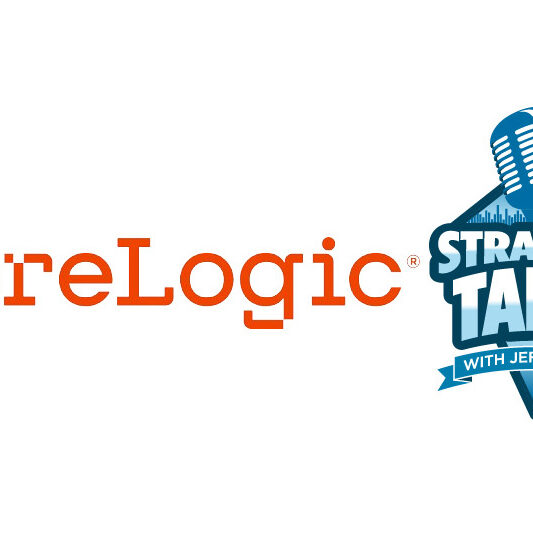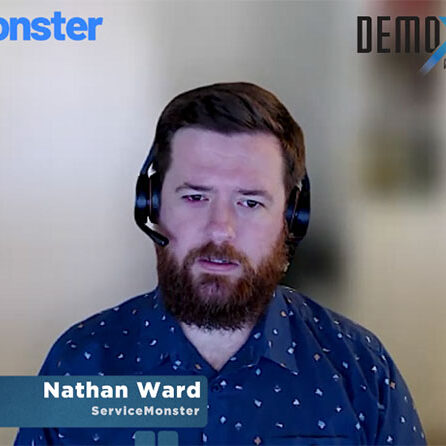Survey Shows Importance of Carpet Care for Universities

NEW CASTLE, Penn.—August 16, 2020—In the midst of the COVID-19 pandemic, colleges and universities face new standards of cleanliness for the 2020-2021 academic year, and this includes carpet care. According to a survey conducted by The Harris Poll on behalf of Whittaker, a leader in low-moisture carpet cleaning, more than 4 in 5 Americans (82%) would take action after seeing dirty carpet at a college or university’s campus. Additionally, among this group, nearly half (48%) would question the college or university’s commitment to student and staff health and safety.
“As many colleges and universities prepare to welcome students back to their campuses this fall, it’s important to review cleaning procedures, including carpet care,” said Joe Bshero, director of technical services at Whittaker. “Clean carpet not only supports good indoor air quality, it gives staff, students, and visitors a positive first impression.”
Of those who would take action after seeing dirty carpet at a college/university, 47% would complain to management, 42% would assume the campus is not cleaned properly, and more than a third (35%) would tell friends, family, or other students about the lack of cleanliness. Dirty carpet may also impact enrollment and endowments. More than one in five of those who would take action (21%) would consider an alternative college or university to attend while 14% would consider donating to an alternative college or university.
“With educational institutions dependent on tuition and financial gifts from alumni and corporations, it’s important for colleges and universities to prioritize efforts that position their organizations in a positive light,” added Bshero. “Carpet care can go a long way in making current and prospective students, parents, alumni, and staff feel welcome.”
For more information about low-moisture carpet care systems, visit www.whittakersystem.com.
Survey Method
This survey was conducted online in the United States by The Harris Poll from June 18-22, 2020 among 2,048 U.S. adults ages 18 and older. This online survey is not based on a probability sample and therefore no estimate of theoretical sampling error can be calculated. For complete survey methodology, including weighting variables and subgroup sample sizes, please contact [email protected].












